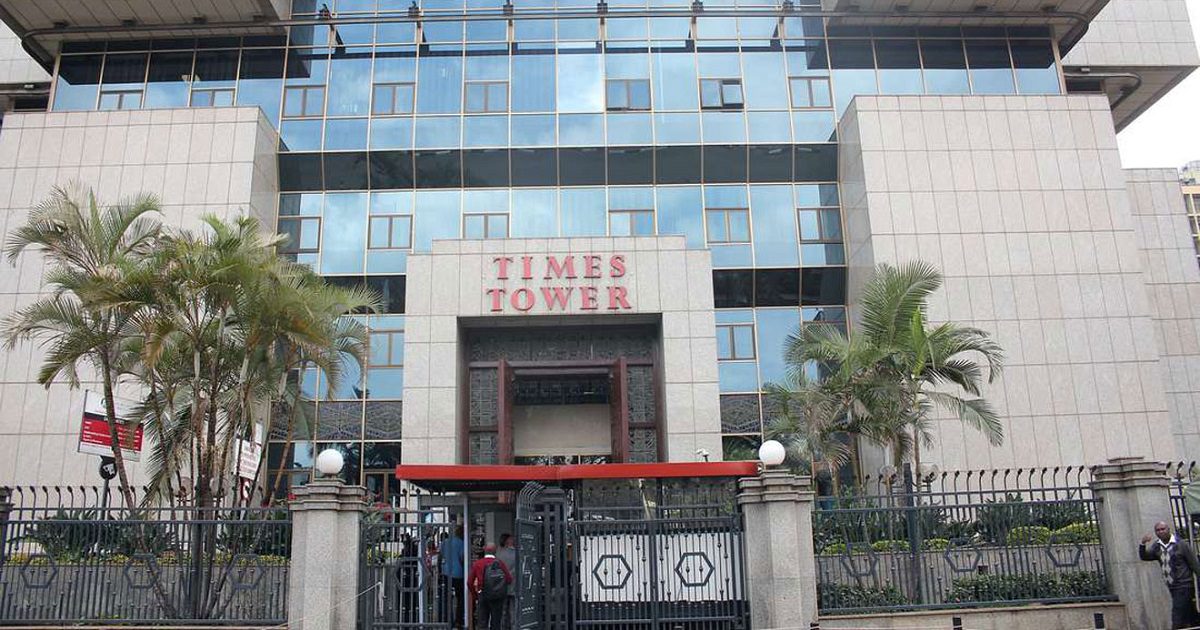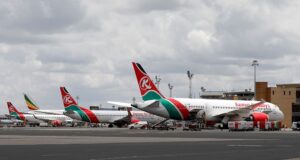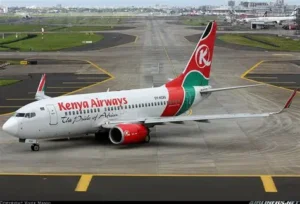A two percent tourism levy will soon be applied to lodging and dining establishments by the Kenya Revenue Authority (KRA).
Following a request by the Tourism Ministry to do so as part of a reorganization process, the Tourism Fund has now taken over the function.
The decision to give the KRA responsibility for collecting the levy follows numerous State departments’ decision to outsource their functions to the taxman, who is thought to be more effective at the job.

The Headquarters of Kenya Revenue Authority (KRA)
Now that the businesses have been scheduled, the taxman may collect the fee on the gross sales resulting from the sale of lodging, food, beverages, and all other services.
Cabinet Secretary Najib Balala wrote to Head of Public Service Joseph Kinyua to inform him that as part of the ministry’s restructuring, the collection of the levy would be transferred to the KRA.
In part of the letter, it was said, “This letter is, therefore, to update you on the steps taken by the ministry and to request that you communicate to Kenya Revenue Authority to take quick action on collection of the tourism levy by the Tourism Fund.”
According to the Auditor-report General’s for the fiscal year ended June 2020, the Tourism Fund averaged Sh2.5 billion in levy income before the fund fell to Sh1.1 billion the following year as the Covid-19 outbreak impacted the hospitality industry.
The tax is levied on facilities that charge at least KSh 250 per person per night, including the cost of breakfast and any other services.
Additionally, it is assessed on eateries with minimum annual gross sales of Sh3 million.
Hotels and restaurants are required to pay a fee that funds Utalii College’s operations and training programs, the creation of industry standards, and the Kenya Tourism Board’s efforts to promote the nation as a tourist destination both domestically and abroad.
The trustees of the Tourism Fund also started the building of its office building on Valley Road.
This will be the KRA’s most recent assignment since it was chosen in March 2020, in accordance with a Deed of Transfer, to serve as the Nairobi county government’s primary agent for tax collection.
In accordance with the deed, the KRA was granted unrestricted access to the county’s revenue process information data system, including any records and documents required for carrying out the mandate.
The National IndustrialTraining Authority (NITA) and the Industrial Training Levy require firms to pay a monthly fee of Sh50 per employee, including temporary employees, to KRA.
KRA, which serves as the collection agent, offers a unified payroll system via which the payment is made.















